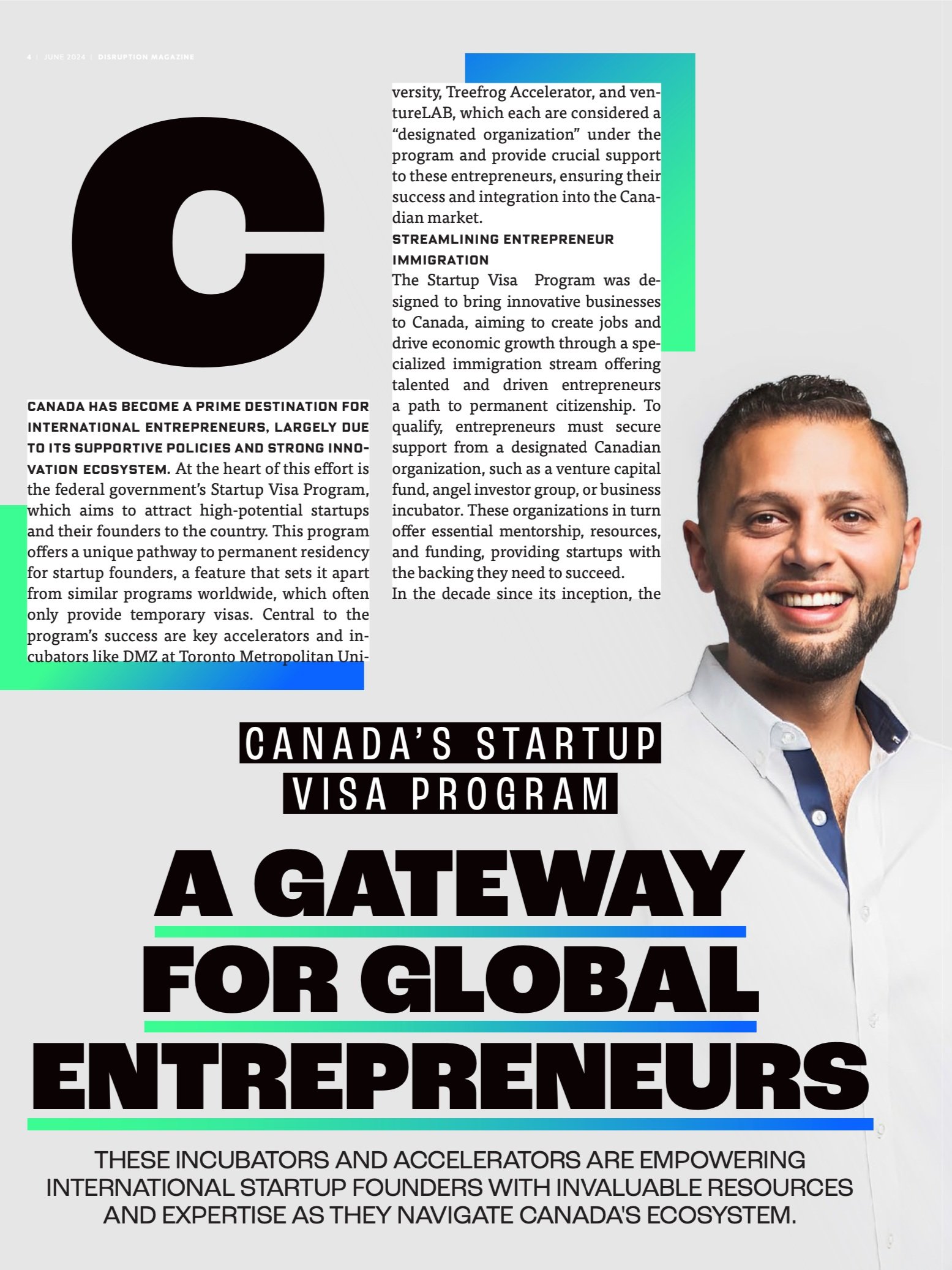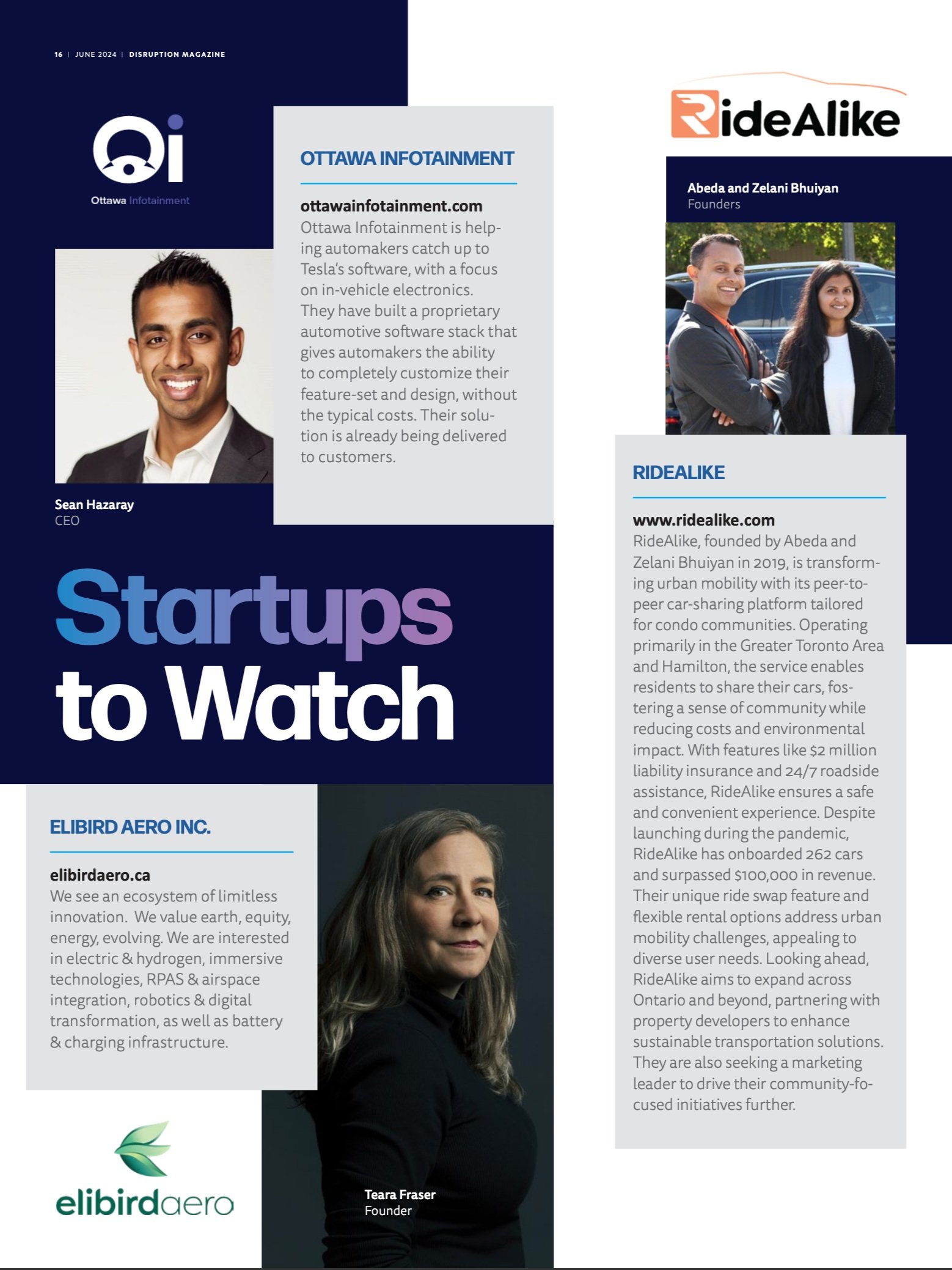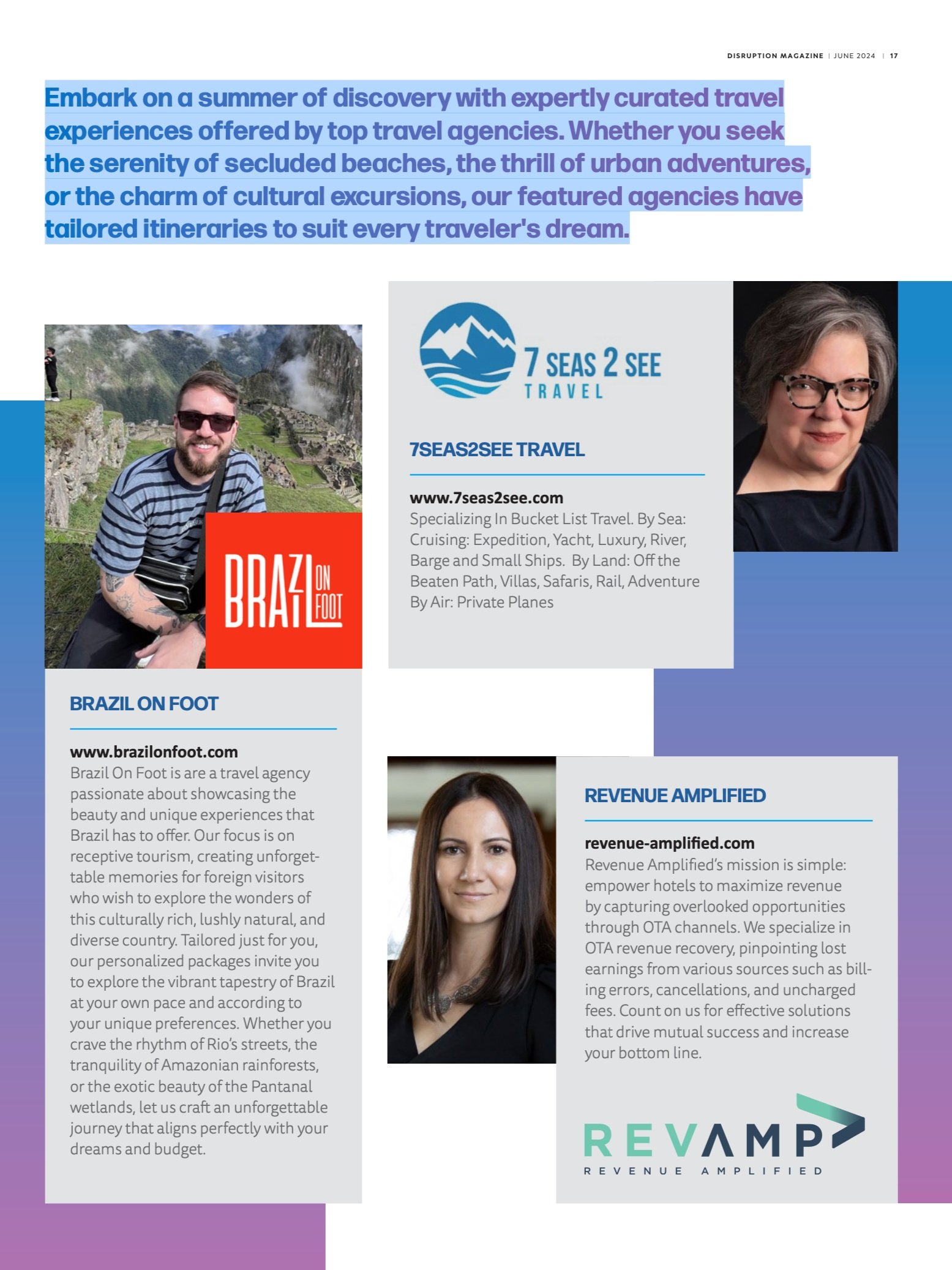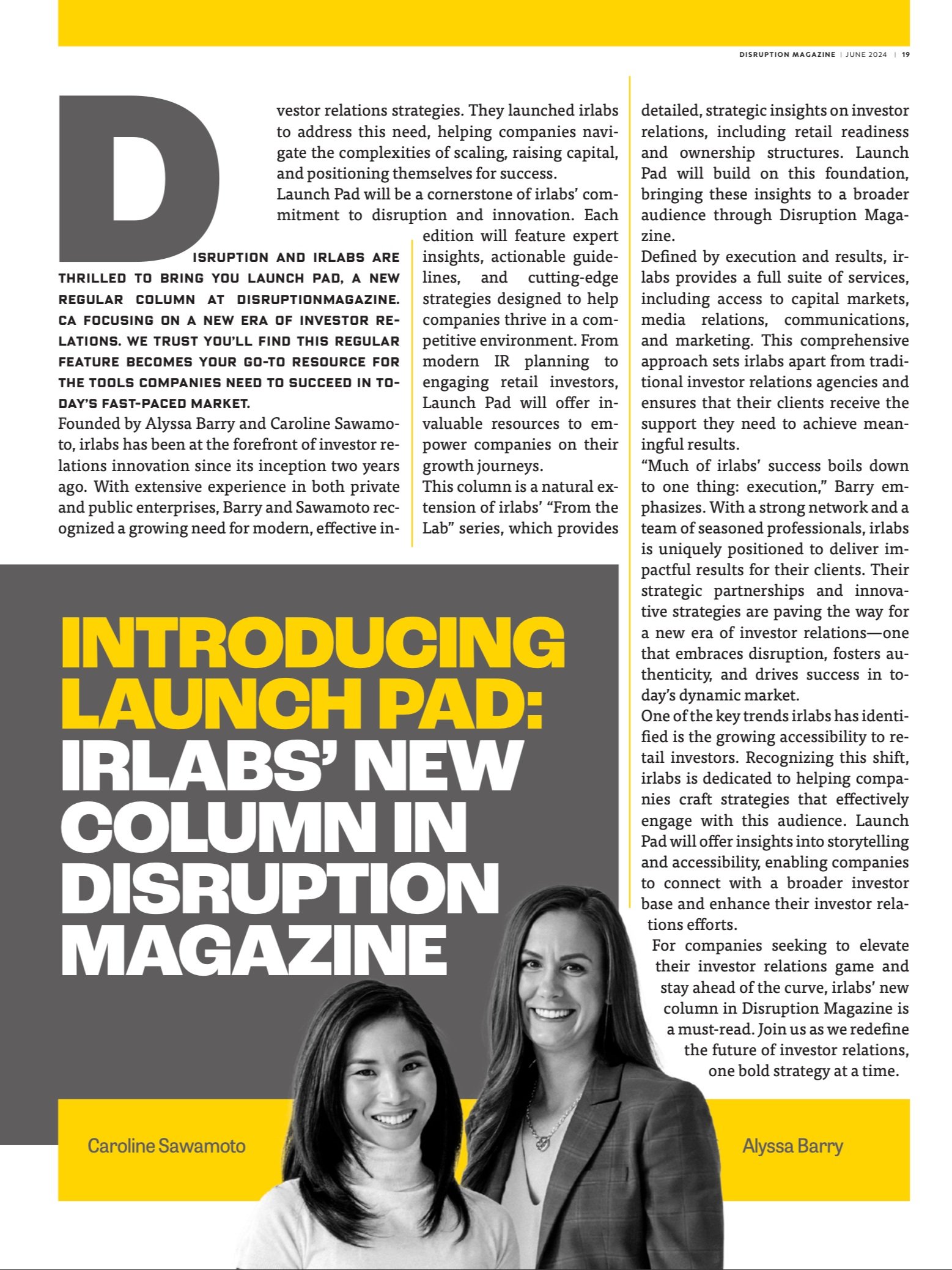Canada’s Startup Visa: A Gateway for Global Entrepreneurs
Canada has become a prime destination for international entrepreneurs, largely due to its supportive policies and strong innovation ecosystem. At the heart of this effort is the federal government's Startup Visa Program, which aims to attract high-potential startups and their founders to the country. This program offers a unique pathway to permanent residency for startup founders, a feature that sets it apart from similar programs worldwide, which often only provide temporary visas. Central to the program's success are key accelerators and incubators like DMZ at Toronto Metropolitan University, Treefrog Accelerator, and ventureLAB, which each are considered a “designated organization” under the program and provide crucial support to these entrepreneurs, ensuring their success and integration into the Canadian market.
Streamlining Entrepreneur Immigration
The Startup Visa Program was designed to bring innovative businesses to Canada, aiming to create jobs and drive economic growth through a specialized immigration stream offering talented and driven entrepreneurs a path to permanent citizenship. To qualify, entrepreneurs must secure support from a designated Canadian organization, such as a venture capital fund, angel investor group, or business incubator. These organizations in turn offer essential mentorship, resources, and funding, providing startups with the backing they need to succeed.
In the decade since its inception, the program has significantly impacted Canada's startup landscape. "International startups do not just exist in our ecosystem for the sake of existing; they are essential drivers of its growth and evolution," says Abdullah Snobar, Executive Director of DMZ. "By introducing new business ideas and technologies, these startups infuse diversity into our markets and address critical IP challenges that the country faces."
Read insights from seasoned immigration attorneys, Ron Matten and Pavan Dhillon, about navigating cross-border business expansion.
However, the program has faced challenges over the past ten years, including increasingly long processing times—up to 36 months in some cases—and instances of exploitation by unscrupulous actors within the ecosystem that charge exorbitant fees to applicants but fail to provide adequate support or resources in return. These issues prompted the federal government to recently introduce significant changes to the program, including application caps to streamline the process and improve the program's integrity. Snobar is optimistic about these adjustments. "The new caps and adjustments will help clear the backlog and ensure that we attract entrepreneurs committed to growing their businesses in Canada," he says.
DMZ: Elevating Startups to Global Success
DMZ at Toronto Metropolitan University is a global startup ecosystem operating in over ten countries, including hubs in Tokyo, New York City, and Cairo. This extensive network helps high-potential founders gain market insights and expand their businesses globally. "Our global hubs enable us to identify founders and businesses that genuinely have what it takes to move and scale their business in Canada," Snobar notes.
One of the success stories from DMZ is Formaloo, a no-code customer engagement platform that has thrived in Canada. Co-founded by Farokh Shahabi, Formaloo serves more than 25,000 businesses and has raised a $2.9 million CAD seed round. "This is exactly the type of company we want to see make Canada their home," Snobar says. Shahabi credits DMZ for much of Formaloo’s success. "DMZ provided us with crucial connections, investor networks, and market insights. This support has been instrumental in our growth," he says.
Another company that was attracted to Canada in part because of the Startup Visa Program was StructurePlus, which helps reduce the cost of concrete and steel in major infrastructure projects by using AI to optimize designs. The company sees Canada as a ripe market for its innovative technology. "Canada's burgeoning construction market, vibrant startup ecosystem, and government incentives like the startup visa program made it the ideal launchpad for StructurePlus," says founder Ali Jozi. Today, StructurePlus is poised for exponential growth, with plans to expand into industrial steel optimization and establish a West Coast presence in the US.
Treefrog Accelerator: Empowering Startups
Treefrog Accelerator is another key player in Canada's startup ecosystem, providing vital support to international founders. Treefrog prides itself on its programming, offering a six-week accelerator program that helps international startup founders navigate the complexities of launching their business in Canada while providing a platform for knowledge exchange and networking, notes CEO Sean Stephens.
Treefrog has been at the forefront of advocacy efforts to encourage the Canadian government to not just introduce caps to the Startup Visa Program, but to introduce more significant changes that will ensure its longevity and success without hindering Canada’s ability to attract new startups to its ecosystem.
“Of course tackling the backlog in applications is crucial. Delays are a major hindrance for any startup looking to establish itself in Canada,” Stephens says. “Time is of the essence and bringing these companies here is a hugely positive thing for Canada. We need to find ways to bring in more, not less.”
Read Kimberley Van Vliet’s insights on Embracing Cross-Industry Collaboration.
Nancy Zhao, founder of Weiyun Robotics, is one of the many entrepreneurs who benefited from Treefrog's programming. Weiyun Robotics specializes in leveraging artificial intelligence and robotics to revolutionize industrial processes, particularly in the medical sector. "Treefrog provided me with invaluable insights and mentorship, empowering me to navigate the complexities of scaling up my business in Canada," says Zhao. With more than 20,000 clinics in China using their technology, Zhao sees Canada as the company’s next frontier for growth and innovation. "By leveraging Canada's supportive ecosystem and proximity to the US, we envision establishing a strong foothold before venturing further abroad."
For InvestAlice founder Zoe Yeh, Treefrog's accelerator program was a game-changer for Zoe, providing essential knowledge about navigating Canada's regulatory landscape and connecting her with industry veterans. "Treefrog served as a stepping stone, connecting me with a vast network of industry veterans and providing essential support for my business launch," Yeh says.
Yeh’s affinity for Canada began during a university exchange program in Vancouver, which ignited her dream of contributing to the Canadian market and narrowing the gap between Taiwanese and Canadian investment cultures. Her vision goes beyond building her own business, though: “I’m committed to promoting gender diversity in the tech industry and creating a more inclusive environment by empowering female talent,” Yeh says.
ventureLAB: Powering Hardtech Founders Through Global Connections
ventureLAB plays a crucial role in supporting international founders as they integrate into the Canadian ecosystem. Sep Assadian, VP of Founder Success, highlights the organization's comprehensive approach, which includes both inbound and outbound strategies. "Our goal is to build a robust ecosystem that supports growth in sectors like hard tech, med tech, AI, and deep tech," Assadian explains.
ventureLAB’s Canada Catalyst program, launched nearly four years ago in collaboration with the Ontario government, exemplifies the organization’s commitment to strengthening this sector. The program aims to attract advanced technology companies to Canada by providing essential resources to set up research & development facilities and expand their market presence in North America. The approach has mutual benefits, Assadian notes. "International startups contribute fresh ideas and innovations, which help to mature and diversify Canada’s startup ecosystem."
At the same time, the recent Startup Visa Program backlogs have been concerning for many in the ecosystem. "The chance of success based on that timeline —it's close to zero.,” he says, urging a comprehensive approach to address not only the backlog but also to maintain the program’s credibility and quality.
The Economic Impact
Attracting international founders and startups to Canada is not just beneficial for the entrepreneurs but also crucial for Canada's economy and its startup ecosystem. These startups create jobs, drive innovation, and contribute to economic growth. "Attracting international founders and startups to Canada is vital to cementing our role on the world stage as the global destination for innovative businesses," says Snobar. Moreover, the diversity brought by international entrepreneurs infuses new perspectives and ideas into the Canadian market, addressing critical challenges and fostering a culture of innovation.
Stephens echoes the sentiments of many within Canada's entrepreneurial ecosystem. With an eye on fostering the growth of early-stage startups, ventureLAB sees the Startup Visa Program as a pivotal tool in attracting international startup founders to the Canadian market. Recognizing the inherent value that diverse perspectives bring to the innovation landscape, ventureLAB emphasizes the enriching effect of welcoming entrepreneurs from around the world. With founders supported by designated organizations with resources, the program not only propels individual startups forward but also contributes to the overall vibrancy and competitiveness of Canada's startup ecosystem, Stephens says.
“These entrepreneurs infuse the ecosystem with fresh ideas, diverse skill sets, and global networks, enriching it for everyone,” he says. If Canada is going to be committed to positioning itself as a global innovation hub, the program can be a strong strategic enabler to attract the calibre of ideas, talent and resources to propel the nation's entrepreneurial journey forward, he says.
As Assadian notes, international entrepreneurs can help Canada revitalize sectors like deep tech and hard tech, emphasizing the need for concerted efforts to attract and empower such entrepreneurs. "We want those ecosystems in Canada to be back on top, and attracting talented entrepreneurs from around the world is going to be crucial,” he says.
Ultimately, Canada’s Startup Visa Program, complemented by the efforts of organizations like DMZ, Treefrog Accelerator, and ventureLAB, creates a fertile ground for international entrepreneurs. These organizations provide essential support, ensuring that international startups not only establish themselves in Canada but also contribute significantly to the country’s innovation landscape. While the program has been challenged by backlogs 10 years after its launch, it remains an example of what a country can do to attract talent, create jobs, and bolster its own startup ecosystem by bringing in diverse and driven innovators from around the world. While efforts to streamline the process are still in their early stages, onlookers see the potential for Canada to continue to foster innovation and global connections, securing its foothold as a leading hub for entrepreneurship and technological advancement.
Author - Mariam Ibrahim
Mariam Ibrahim is a writer, editor and communications professional currently based in Seoul. She currently serves as Managing Editor of Disruption.



















